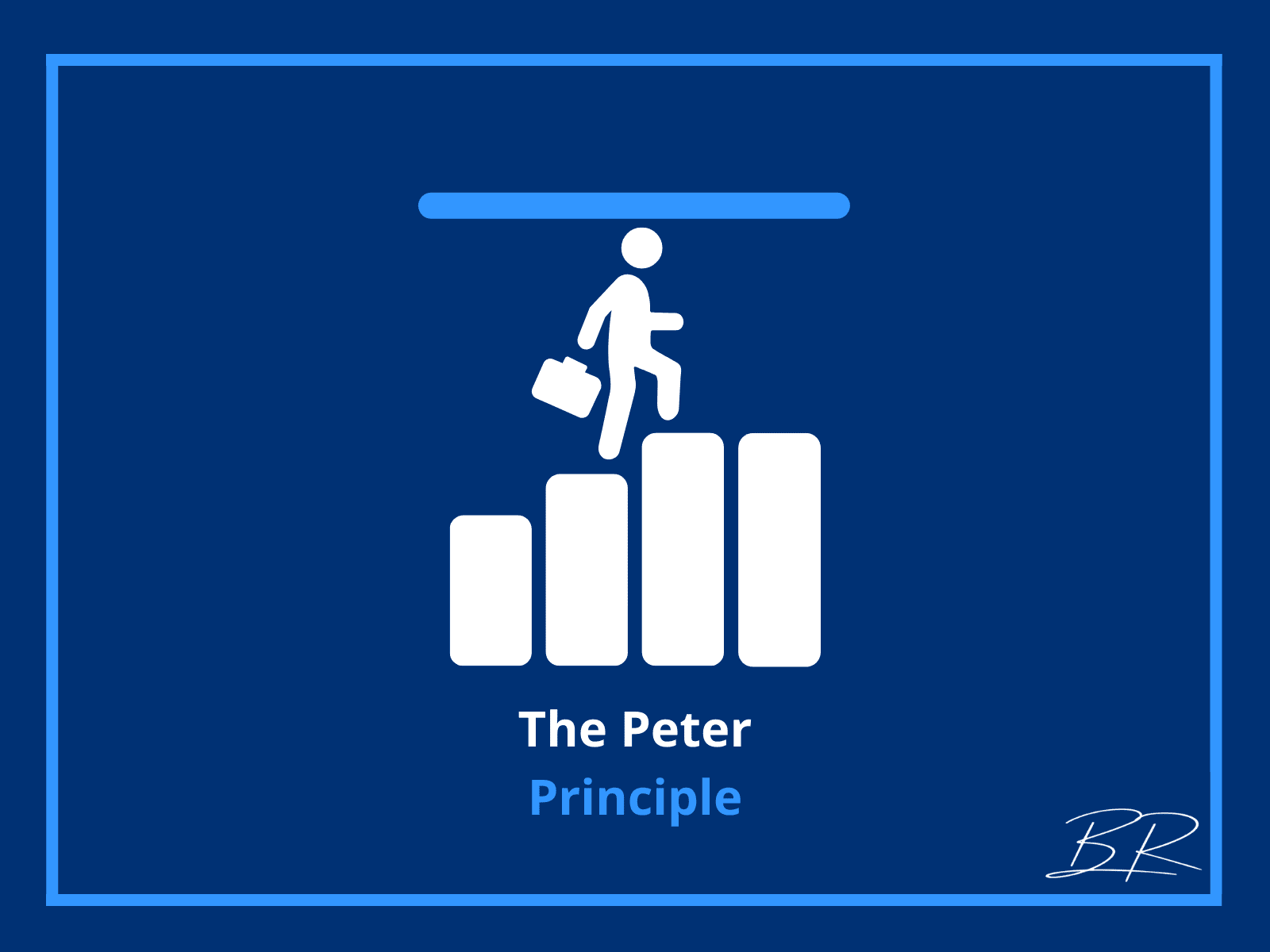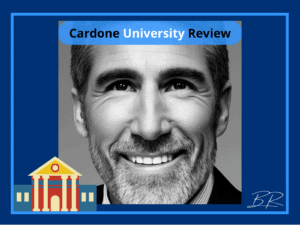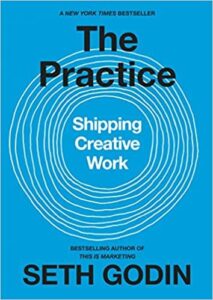What is the Peter Principle, and why does it matter in 2022?
This post contains affiliate links that help supports this blog and cost you the exact same. If you do not wish to use affiliate links, then feel free to google the product.
If you’ve worked in any size of an organization, chances are you’ve seen the Peter Principle in action.
The Peter Principle is the idea that people are promoted to their level of incompetence—in other words, employees are promoted until they reach a position they can’t do and stay stuck.
While this may seem like a humorous concept, the reality is that the Peter Principle can have a severe impact on businesses.
Let’s explore how the Peter Principle works and what can be done to avoid it.
If you are looking for more information on how to avoid the Peter Principle and other reasons why most small businesses don’t work, I highly recommend the book The E-Myth Revisited by Micheal Gerber, which you can read more about in this summary.
How the Peter Principle Works
The Peter Principle is named after Dr. Laurence J. Peter, who first described it in his 1969 book The Peter Principle: Why Things Always Go Wrong.
The basis of the principle is that employees are promoted based on their performance in their current role. This makes sense—after all, why would you promote someone if they weren’t doing a good job? However, the problem arises when employees are promoted to a position beyond their abilities.
Once they reach this point, they can no longer contribute in a meaningful way and can actually begin to drag down the company.
They stop producing results while also being in the way and preventing someone else from being promoted.
The Impact of the Peter Principle
The impact of the Peter Principle can be far-reaching.
Not only does it lead to incompetent employees, but it can also create an environment of frustration and resentment among employees who are stuck in positions they can’t do.
In addition, the Peter Principle can create a bottleneck at upper management levels, preventing talented employees from being promoted to positions where they can have a real impact.
Avoiding the Peter Principle as a company
The best way to avoid the Peter Principle is to carefully consider promotions before making them.
Promotions should only be given to employees who have demonstrated that they have the ability to succeed in a higher-level position. In addition, companies should consider creating mentorship or training programs to help employees transition into new roles.
By assessing the employee’s current skill level and their ability to learn and grow, you can have more confidence they will grow in their new role and not get stuck.
By taking these steps, companies can avoid falling victim to the Peter Principle and create a more successful business.
Avoiding the Peter Principle as an individual
As individuals, we also need to be concerned about the Peter Principle.
We want to avoid being the ones who are promoted to the level of our incompetence. To prevent this, you can:
1. Identify your Strengths: The first step to avoiding the Peter Principle is to identify your strengths and weaknesses as objectively as possible to select a role that best aligns with your abilities. This can be done through self-assessment, feedback from colleagues and supervisors, and professional development activities.
2. Seek Challenging Opportunities: A key factor to avoiding the Peter Principle is continually seeking out challenging opportunities and responsibilities. This could include taking on higher-level roles, mentoring others, and pushing yourself outside of your comfort zone (to learn what is possible).
3. Keep Learning: Learning new skills can help you stay ahead of the curve in your current role and prepare you for the next position. This could include taking continuing education classes, attending conferences, reading books, and taking workshops.
Conclusion:
The Peter Principle is the idea that people are promoted to their level of incompetence.
This can seriously impact businesses, as employees who are promoted beyond their abilities can no longer contribute in a meaningful way.
The best way to avoid the Peter Principle is to carefully consider promotions before making them and have constant feedback loops to prevent employees from being stuck in a role they are not capable of succeeding in.







